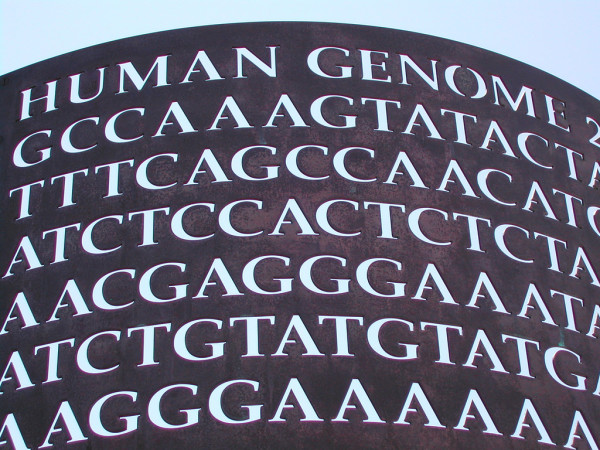The human genome is normally composed of the four nucleotides Adenine, Cytosine, Thymine, and Guanine (abbreviated A, C, T, & G). These four nucleotides form the basis of human DNA. Scientists at the Scripps Research Institute were successful in engineering a pair of synthetic nucleotides, which they named X and Y. The incorporation of these nucleotides into the E. coli genome led to the world’s first semi-synthetic organism with a genome consisting of two pairs of natural nucleotides and a pair of synthetic X and Y nucleotides. These synthetic nucleotides were inert such that the base pair was not read or processed into anything by the bacterial enzymes.
Image Source: Visuals Unlimited, Inc./Carol & Mike Werner
This synthetic nucleotide pair was successfully engineered back in 2014. Since then, scientists have worked on finding ways to introduce the synthetic pair into E. coli stably. First, they built a better version of a nucleotide transporter, a tool that could transport the synthetic base pairs into the genome at the right location. Then, the molecule that was earlier used to build the Y base was changed so it could be more easily recognized by the bacterial enzymes. The E. coli‘s genome was also altered using CRISPR-Cas9, a gene editing tool, to prevent the bacteria from registering the synthetic nucleotides as foreign invaders. This engineered E. coli was used to introduce the synthetic nucleotides. These changes created an E. coli line that was capable of stably inheriting the synthetic nucleotides.
Despite the excitement that surrounds the success of this experiment, some people have raised concerns regarding the potential side-effects of this sort of technology. According to Jim Thomas, of the ETC Group,”The arrival of this unprecedented ‘alien’ life form could in time have far-reaching ethical, legal, and regulatory implications” as “governments haven’t even been able to cobble together the basics of oversight, assessment, or regulation for this surging field.” However, according to Floyd Romesberg, who led the team at Scripps, “there’s no need for concern yet because the synthetic base pair is inert.” Since the X and Y nucleotides are unlike the natural nucleotides, it has also been stated that there is minimal risk for the process of evolution to take things out of control.
Research on this topic will probably continue as researchers try to find ways to engineer novel proteins in these bacteria by introducing non-inert synthetic nucleotides. This ability to create synthetic organisms opens up several possibilities including creating organisms with new attributes not found anywhere else.
Feature Image Source: “Human Genome” by Tom Purcell is licensed under CC BY-NC 2.0










